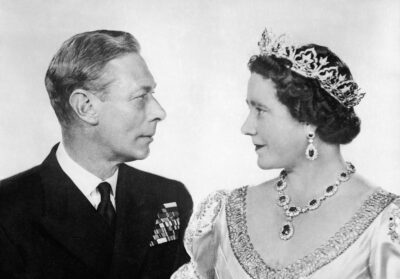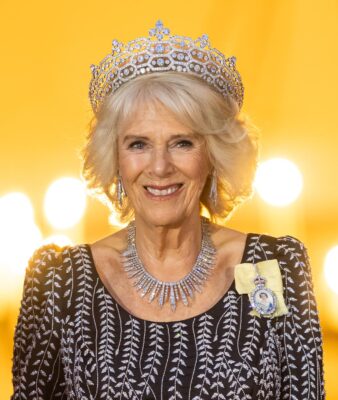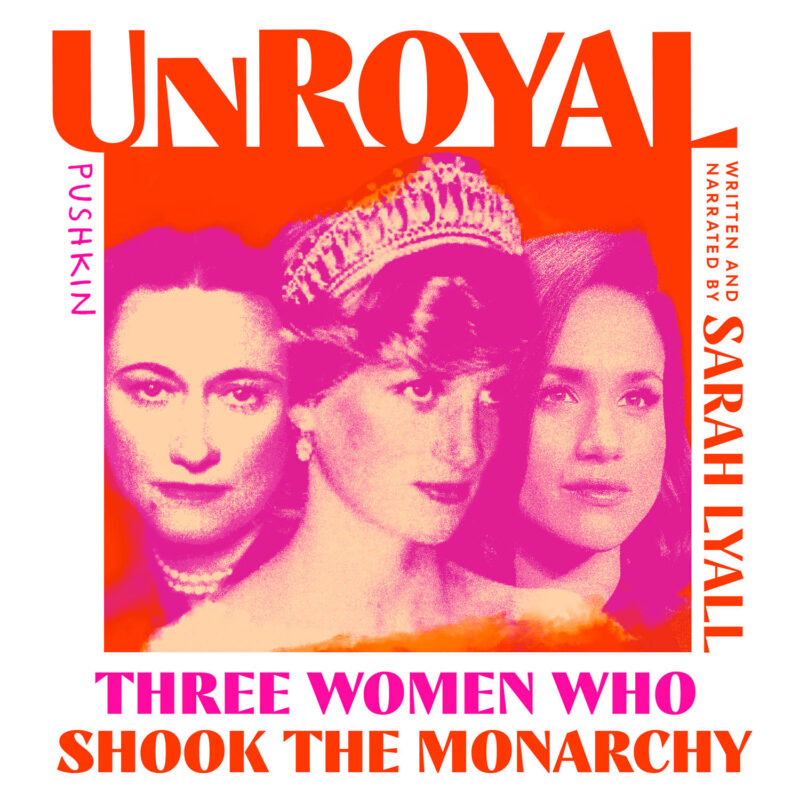
The Royals
The Power and the Glory of Unroyal
Have Wallis Simpson, Princess Diana, and Meghan Markle bent the monarchy—or did the monarchy only bend them?
Just in time for The Crown’s final season, veteran New York Times reporter and London correspondent from 1995 to 2013, Sarah Lyall, has released a new audiobook Unroyal: Three Women Who Shook the Monarchy. Lyall, who has covered everything from elections to natural disasters, riots, media scandals, politics and—of course—the royal family sat down with DP to talk about how these three women pushed up against the official royal narrative.
Digital Party: How did this book come about?
Sarah Lyall: I was part of the team covering the Meghan and Harry interview with Oprah. One of the things that was so interesting was Harry comparing what he thought was happening to his wife with what had happened to his mother: the press, the harassment, the 24/7 interest. He felt history was repeating itself.
I ended up doing a New York Times The Daily podcast on them and then a friend who runs Pushkin suggested I do an audiobook. I had never done an audiobook but I thought it was an interesting new medium to work in.
And I brought in the Duchess of Windsor: she looms large in the royal narrative. It turned out that she also had done a TV interview in 1970. I thought it made a good scaffolding for a book to do those three different moments in Royal history through the prism of these three women and these three interviews.
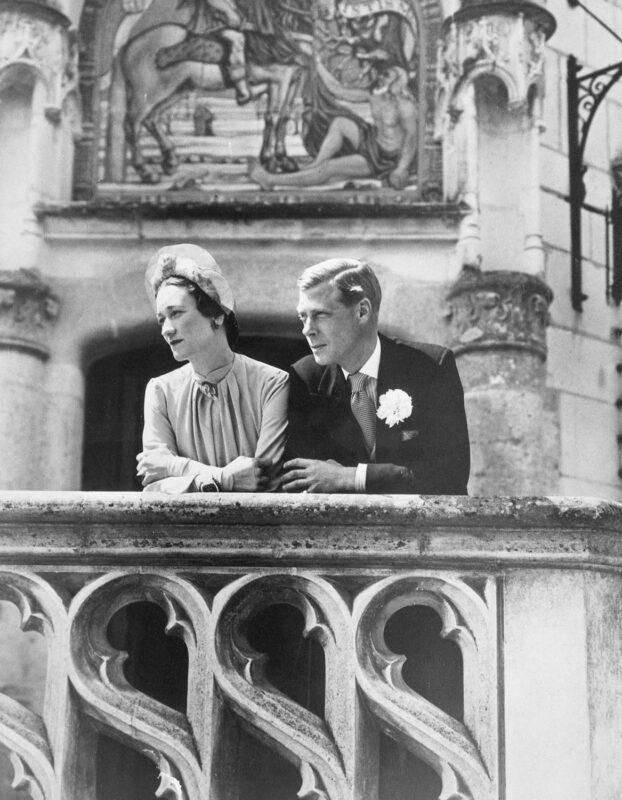
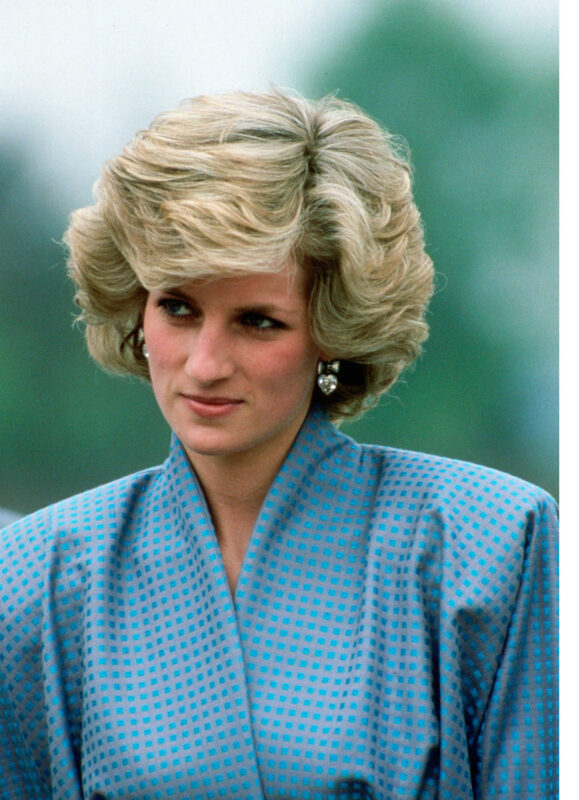
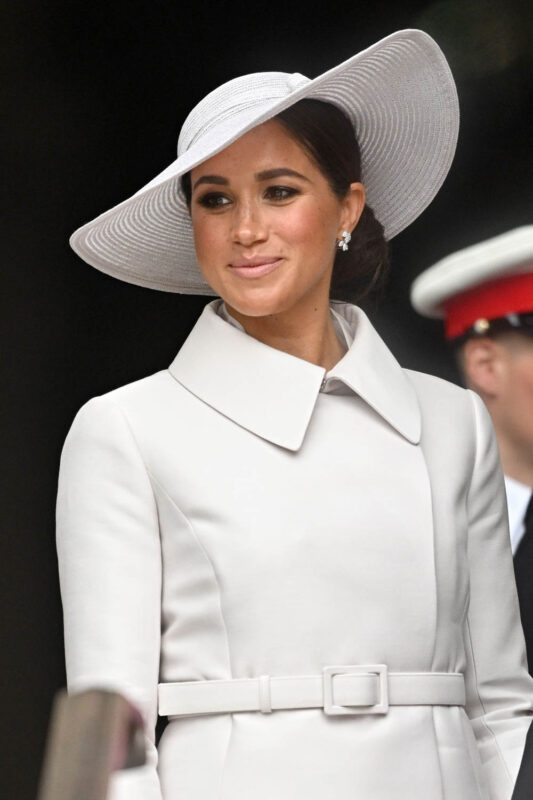
DP: What surprised you about the research?
SL: These things are complicated. People always say, “Well, do you like Meghan? Do you like Diana? What did you think of Wallace?” It’s complicated, and you can hold different realities in your head at the same time. Diana is a great example. Most people were partisan—pro or anti-Diana—when she was alive, and then became much more pro-Diana [after her death].
Traditional royalists felt she was a horrible, whiny, self-centered child who was disrupting the monarchy. And I think many people felt that after she died as well, but it became harder to hold that opinion. With the passage of time she morphed into this kind of Marilyn Monroe style icon.
There was the same feeling even with Meghan. Many people just can’t stand Meghan. It’s actually really complicated. She has been incredibly disruptive—disrespectful in some ways to this institution. She’s made demands that were inappropriate when you look at the way the monarchy conducts itself.
But at the same time, she is a victim of pretty bad racism—not necessarily from the family, but from the newspapers. She was the victim of anti-American sentiment. Many of the ways she wanted to live were not that out of control and she was reduced to being criticized for really normal stuff, like how she looks, wearing a dress, walking behind Kate into a church, etc. . . That’s why I ended up feeling these were complicated people and you could be pro and against them at the same time.
DP: Why are Americans so fascinated by the royal family?
SL: We see them as celebrities, and Americans love celebrities. There’s this bizarre fascination that we have with inherited aristocracy and nobility, even though we fought a revolution against it here. That’s part of the tension in how Americans see this stuff.
For some reason, we’re still obsessed with these people who we are supposed to not want to be like. Just by virtue of being born into a family, you can have a title and you can have a palace and you can be unbelievably wealthy. There’s something exciting about it. It goes back to fairy tales and the idea of the prince and the princess and the king.
Until recently, when Meghan came along and the issue of race came into it, it was a pretty low stakes conversation. It’s fun. It’s gossipy. It’s almost like a reality TV show. There are so few things in the world right now where everyone sort of knows the cast of characters.
DP: Was there anything that was really difficult about writing this book? Did you try to get any more access?
SL: Even if you do get access, it’s not that helpful because King Charles is not going to sit down with you and tell you how he really feels about anything.
I’m not a member of the Royal Press Corps who have strict rules and go on press tours. Those encounters are so old fashioned and so stringent. I feel like as a reporter, it would be completely irritating to me. The idea that you have to be so deferential to people that you’re covering, as if they’re doing you a massive favor is really hard as a reporter.
DP: What kinds of rules do they have?
SL: You have to keep your distance and speak to them in a formal way and not ask many personal questions and not speak to them unless they speak to you first. You have to stick to the script and you can’t deviate from what you’re meant to say. As a regular news reporter, that’s stuff you don’t want to do. It feels non-democratic. That puts the royal reporters in a tough position because they have to be grateful for access to people who don’t want them around.
DP: Do you think the royal family is good for the UK?
SL: It’s hard to imagine the country without it. It surprised me how important they are to the unwritten constitutional structure.
But they can’t do anything without being scrutinized and attacked and criticized. The only way they can really get through it is to do nothing out of the ordinary. And that’s what I was trying to say about the three women: that they represented different approaches and I don’t think the royal family has a lot of room for different approaches. It moves very slowly, it changes very gradually and it’s not really ready for some revolutionary new direction.
The one time I really felt the humanity of the royal situation was when I covered Charles’s marriage to Camilla.
Seeing two middle-aged people who had obviously loved each other for a long time get married because they knew each other really well—not because each thought the other was hot or they had just met or the families worked it out—was really nice. It felt like a different sort of royal love story.
DP: And what can we expect going forward from the royal family? Has the past taught us anything about what to expect in future?
SL: I think they’ve weathered the Harry/Meghan thing really well. Regardless of how King Charles and Prince William feel about it, they have managed to sort of extricate themselves from the drama and work toward the future with William and Kate, which seems like a smart way of doing it. The royal family has quite cleverly run around them and they’re just moving ahead the way they would have anyway.
This interview has been condensed and edited for clarity.
UnRoyal: Three Women Who Shook the Monarchy by Sarah Lyall; $14.99, Pushkin. Enter promo code unroyal20 for 20 percent off all Pushkin titles.

Hero image courtesy of Pushkin

